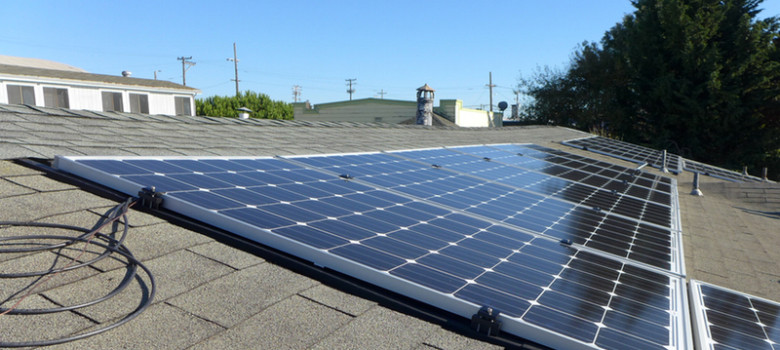
In this blog, I wanted to take a little look at how PV or photovoltaics are made and some of the things you should consider when buying them. Do you know what solar panels are made from and how they work?
How does PV work?
Solar panels take advantage of the photovoltaic effect. This, in simple terms, is where metals emit ions when light is shined upon them. It should not be confused with solar thermal, which uses the direct heat from the sun – solar PV actually works best in bright but cool conditions.
These ions move across the panel and form an electric current – which is harnessed by the PV system to power your appliances.
Silicon
The fundamental product that goes into making a panel is silicon. This is extracted from quartz sand and must be incredibly pure for the purposes of PV. The silicon is made into blocks which are very finely sliced into wafers. These wafers are slightly roughened to prevent reflection of the suns rays – the panels want to absorb as much light as possible to get the most out of the suns energy.
The silicon layer is positively charged, in that it has a shortage of electrons. The next stage in the process is to combine the wafer with a negatively charged phosphorus layer, this is combined under heat with nitrogen to create an active layer on the surface of the wafer. When light activates it, the solar panel will generate electricity.
In order to collect the electricity being generated, the wafer has a metal layer added to conduct the electricity away from it. This is what gives the solar panels their grid like look. The individual wafers are now combined on a grid to create the full size panel, and covered with a protective glass to keep the elements away from the delicate silicon wafers below.

There are a number of manufacturers in the market, and quality will vary somewhat. Cheaper panels are likely to have more problems over their lifespan and their output is likely to decline much quicker.
The other thing to consider is the ethical and environmental factors in PV production. If poorly regulated, PV can be an environmentally damaging technology, and there can be big health implications for workers. Unfortunately, there seems to be a really poor attitude towards workers rights and health when it comes to solar companies, and only a few seem to try to ensure their workers are suitably protected from the manufacturing process.
PV could also be a big future source of e-waste, and there is yet to be much thought into how the panels are to be recycled after their useful life is up, although steps are gradually being taken to consider this.
The process to produce the panels is fairly energy intensive, and it is only in the last few years that more energy is produced from the panels than was used to manufacture them. Nevertheless, they are definitely here to stay now, and offer a useful way to generate electricity cleanly.
Installing Solar PV
Are you thinking about installing a solar PV system at home? We have scoured the country for the best tradespeople, so that we can make sure we only recommend those we really trust.
If you would like us to find you a local installer to help install a solar PV system in your home, just fill in the form below and we will be in touch shortly!
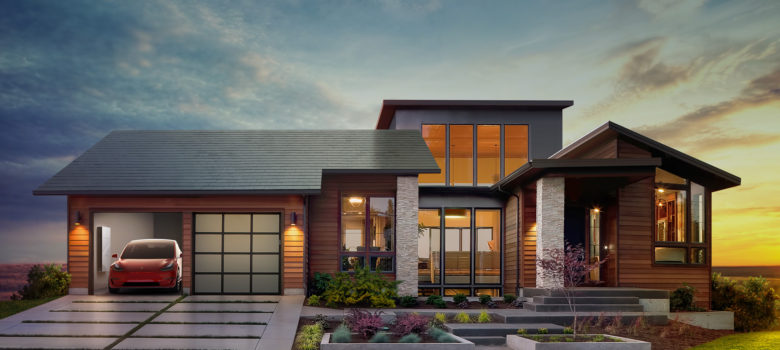



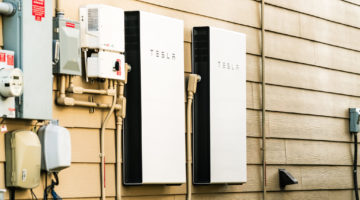
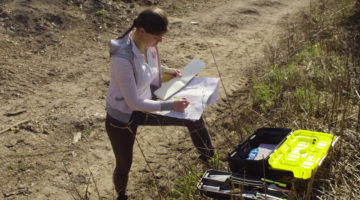
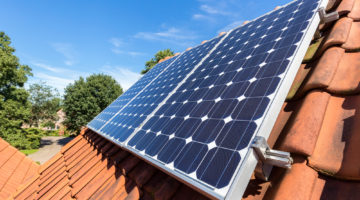






No Comments yet! Be the first one.